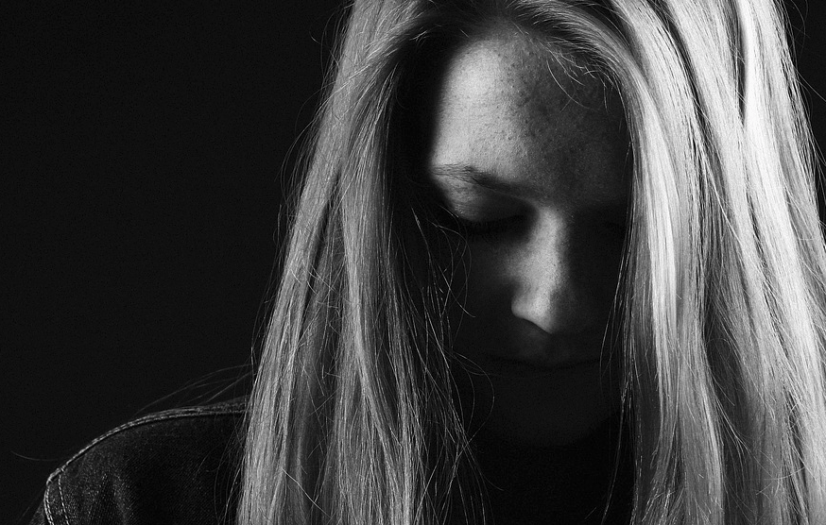If a family member or friend commits suicide, it is nothing short of devastation, full of grief. The first thing you need to know is that it is not your fault. There may be a lot of “what ifs” and “if only’s” going through your mind, but this is not fair to yourself. You did not have control over their actions. Suicide is caused by mental illness. Severe depression can cause someone to not think rationally.
There can be a lot of shame around suicide. It is something that we feel we cannot openly talk about.
There is also a fear of being judged by friends and family. It may be tempting to conceal the cause of death and withdraw from others. But this will not lead to you getting the support you need.
Grief in response to suicide can be complicated. It is not uncommon to feel abandoned or rejected by the person who committed suicide. You may even feel anger towards them. There is usually a sense of shock, confusion, and a need to know why. It is also deeply sad because it feels like they did not get to finish living their life. All of these feelings are normal.
While dealing with the loss of a loved one, it is important to communicate how you are feeling. It is also important to understand that everyone processes grief differently.
Grief after suicide is complicated and there is a huge stigma around it, but it is so important to talk about it. You do not have to go through this process alone. Getting to a place where you share your thoughts and feelings will lead to eventual healing. While it is hard to believe this right now, you will experience joy again. You will find a new normal.
Written By: Elizabeth Kraich, LAPC

